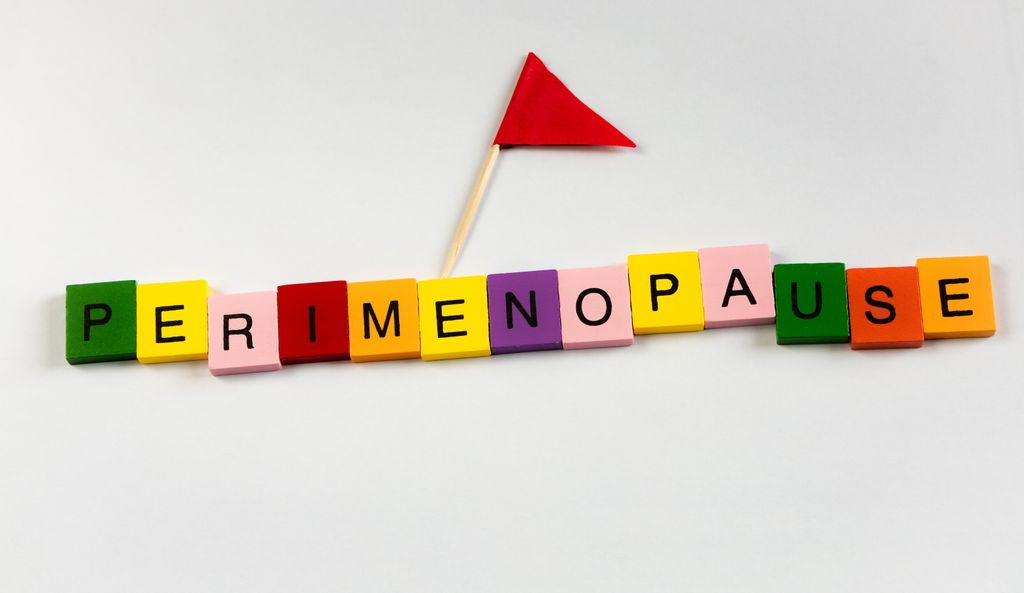
If you’d told me in my thirties that by my early forties I’d be dealing with perimenopause I wouldn’t have even understood what you were talking about. At that stage, I’d never heard the ‘perimenopause’ word before.
Like many women, I assumed menopause was something to think about *later* – maybe in my fifties, when I’d start getting hot flashes and my periods would stop. But perimenopause doesn’t wait for a convenient time and for me, it arrived during one of the most stressful periods of my life.
It was the middle of the pandemic. My dad was in the hospital on life support after contracting Covid. My husband was stuck in another country, caring for a sick relative, and I was home alone, trying to homeschool two kids. The stress was relentless. So when my heart started racing out of nowhere, when I couldn’t tolerate alcohol anymore, when my moods swung from rage to despair in the space of minutes, I assumed it was all because of the situation I was in. I had no idea my hormones were shifting.
Looking back, I wish I’d understood what was happening. If I had, I would have made different choices.
1. I would have reached for hormone therapy instead of a glass of wine
At the time, I thought my sudden anxiety and racing heart were my body reacting to the stress. I did what so many of us do – I reached for a drink to take the edge off.
But that was a huge mistake. My body suddenly couldn’t handle alcohol the way it used to. Instead of calming me down, it made my symptoms worse. If I had known it was perimenopause, I would have explored hormone therapy or other treatments instead of self-medicating with something that ultimately made me feel worse.
2. I would have given myself a break
When I snapped at my kids for the smallest things, I felt like the worst mother in the world. I didn’t understand why my patience had suddenly disappeared. The guilt was crushing. If I had known that perimenopausal mood swings were behind it, I would have had more compassion for myself. I would have given myself grace instead of beating myself up.
DISCOVER: Five non-negotiables for thriving during menopause
3. I would have worried less about heart palpitations
The heart palpitations were terrifying. I remember lying in bed at night, convinced I was about to have a heart attack. I saw doctors, who reassured me my heart was fine, but I couldn’t shake the anxiety. It wasn’t until much later that I learned palpitations are a common symptom of perimenopause. If I had known that back then, I would have spared myself a lot of sleepless nights and unnecessary worry.
ADVICE: 7 simple ways to ease perimenopausal anxiety
I’m sharing my story because I don’t want other women to be blindsided like I was. Perimenopause can start earlier than you think—sometimes as early as your mid-to-late 30s. The more you know, the better prepared you’ll be.
What I wish I’d done:
1. Track my symptoms not necessarily my cycle
Yes, irregular periods can be a sign or perimenopause but experts agree that tracking unexpected symptoms such as anxiety, fatigue, and palpitations that might not just be “stress” may be more helpful for improving quality of life during perimenopause.
RELATED: The end of your periods is not the only sign of perimenopause – a doctor explains
2. Explore hormone therapy options early
Starting on hormone therapy earlier would’ve bought me so much more sleep, clarity and less stress! If you’re tracking your symptoms it’s easier and less overwhelming to get the right dosage of hormones from your healthcare team, rather than going in blind.
3. Cut back on alcohol
Many women find their tolerance to alcohol changes when they hit 40, not realising that perimenopause is to blame. If I had known that the nightly glass of wine was making symptoms such as hot flashes, brain fog and anxiety worse I would’ve thought twice about opening a bottle.
RELATED: Quitting alcohol at 48 changed my life in ways I never expected
4. Be kind to yourself
Your hormones are shifting and that’s not your fault. Perimenopause isn’t something that just happens to *other* women. It’s coming for all of us, whether we’re ready or not so give yourself a break – talk to yourself better (like you would your best friend); quieten that negative inner voice; book yourself a pedicure. Look after yourself – you’ll thank yourself for it when you’re my age!









